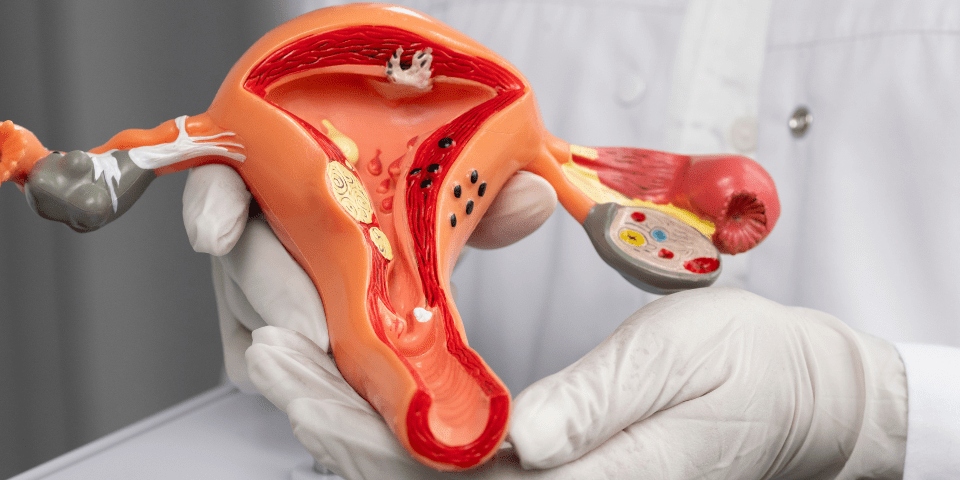Many gynaecological conditions have significant aspect on women’s health. Women’s health experiences wide range of unique aspects such as pregnancy, hormonal changes, gynaecological conditions and menopause. From adolescence to senior years, every woman faces various issues. By providing education, comprehensive care and support to address the specific needs, we can closely focus on women’s health. Let’s have look on symptoms, available treatments, and prevention tips of some of common gynaecological conditions by Gynecologist Dr. Shraddha Galgali.
Polycystic Ovary Syndrome (PCOS)
- Symptoms: Irregular periods, ovarian cysts, acne, weight gain, and excessive hair growth.
- Treatment: Lifestyle changes, hormonal therapy, and management of specific symptoms.
- Prevention: Maintaining a healthy weight and staying active can reduce the risk and severity of PCOS.
Endometriosis
- Symptoms:Pelvic pain, painful periods, pain during intercourse, and fertility challenges.
- Treatment: Pain management, hormonal therapy, and surgical intervention.
- Prevention: Early diagnosis and proper management can help prevent worsening symptoms and complications.
Urinary Tract Infections (UTIs)
- Symptoms:Frequent urination, burning sensation, and lower abdominal discomfort.
- Treatment: Antibiotics and proper hygiene practices.
- Prevention: Staying hydrated, urinating after intercourse, and maintaining good hygiene.
Fibroids
- Symptoms:Heavy menstrual bleeding, pelvic pressure, and discomfort.
- Treatment:Monitoring, medications, and surgical options.
- Prevention: Regular gynecological checkups can help monitor fibroid growth and manage symptoms.
Bacterial Vaginosis (BV)
- Symptoms:Discharge with a strong odor, itching, and discomfort.
- Treatment:Antibiotics prescribed by a healthcare provider.
- Prevention: Avoiding douching and maintaining vaginal hygiene can reduce the risk.
Premenstrual Syndrome (PMS)
- Symptoms:Mood swings, bloating, breast tenderness, and irritability.
- Treatment:Lifestyle changes, stress management, and sometimes medication.
- Prevention: Regular exercise, a balanced diet, and managing stress can alleviate symptoms.
Menorrhagia (Heavy Menstrual Bleeding)
- Symptoms:Excessive bleeding, prolonged periods, and fatigue.
- Treatment:Hormonal therapy, non-surgical interventions, and surgery in severe cases.
- Prevention: Maintaining a healthy weight and managing underlying conditions can help prevent excessive bleeding.

